You’ve heard about abnormal food cravings, morning sickness, exhaustion, and the numerous changes that occur emotionally and physically when expecting. This wonderful and hopeful time brings new challenges of which to endure including changes in your skin and hair.
If you’re pregnant, there are some sacrifices you’ll expect for the next nine months, but your salon-coiffed hair doesn’t need to be to be one of them.
4 trUe Factors to Keep in Mind:
- While chemicals used in hair color and other hair treatments have not been proven highly toxic, some soon-to-be mamas may worry about the risk of chemical overexposure.
The good news is you don’t have to kiss that fresh-out-of-the-salon, silky smooth, brightly colored, sweet-smelling hair goodbye.
If you’re a diehard for hair hues, try highlights instead of a full-blown, all-over color. Highlights decrease chemical risk because they are applied to strands of hair, avoiding any contact at all with the scalp.
Ask your trUe stylist about Quiklights at your next visit – these seven, face-framing foils add subtle color to enhance your favorite look. This is a wonderful “pick me up” when going through the many changes of pregnancy.
- Hormones are your ticket to a wild roller coaster ride of emotions and hair surprises. The myth of luxuriously thick “pregnancy locks” may be a reality for some expecting mothers, while others are faced with thin, unresponsive hair. What was once straight is now curly, and what was once smooth may now frizz.
Lucky for you, trUe offers a wide variety of professional styling products to help tame your pregnancy hair for the duration of your pregnancy and beyond.
- During pregnancy, what you’re putting in and on your body can have a huge impact on your own health and your baby’s. The ingredients you use to fuel yourself are providing you with (or without) the proper nutrients you and your baby need – much like the ingredients in your hair products. Many shampoos and conditioners contain:
- Parabens, which may disrupt hormone balance and the proper development of the fetus
- Synthetic fragrances, which may contain phthalates (endocrine disrupters)
- Vitamin A (retinyl palmitate), which can cause cranial defects in high doses
- Sodium Lauryl Sulfate, which may be linked to birth defects in animal studies
trUe offers organic, natural products by Soma, which contain more of what you want and less of what you don’t. Let trUe’s expert team help you choose the right products to keep your hair shiny and manageable with fewer chemicals.
- Lastly, it is common to experience postpartum hair loss due to increased hormones (during pregnancy) interrupting your normal hair growth cycle. After giving birth, your hormones return to normal levels, and your hair attempts to return to its normal growth cycle by eliminating excess hair. This condition is only temporary, should not cause permanent hair loss, and usually peaks three to four months after delivery.
On the bright side, your trUe stylist team is here to suggest ways to cover up your postpartum hair loss! Simply let us know your hair challenges, and we can help you strategize to find your best look.
When it comes to prenatal hair care, one bad hair day can be dreadful, but nine months of bad hair and postpartum hair loss? Forget about it! Call trUe today, and let our team help you find your best style to accompany your beautiful glow so that you can relax and enjoy the journey.

Recent Comments